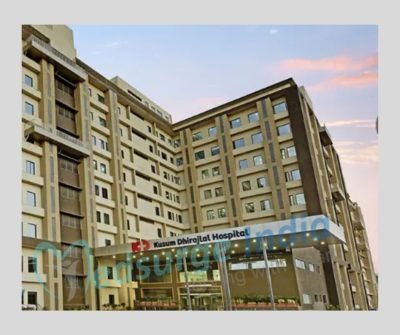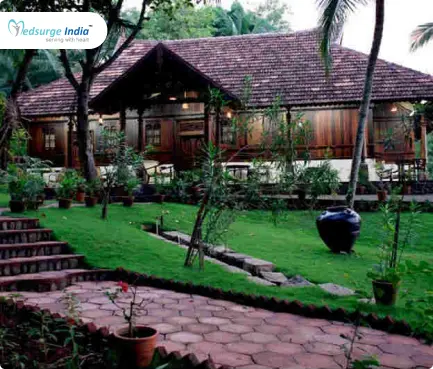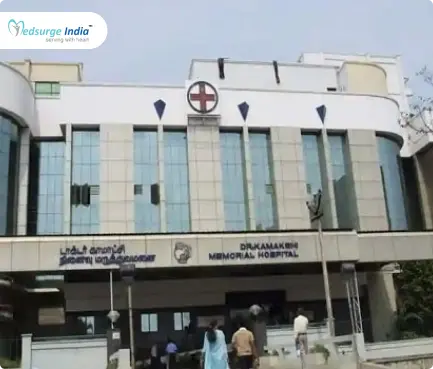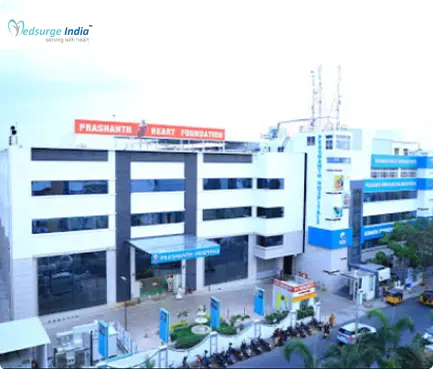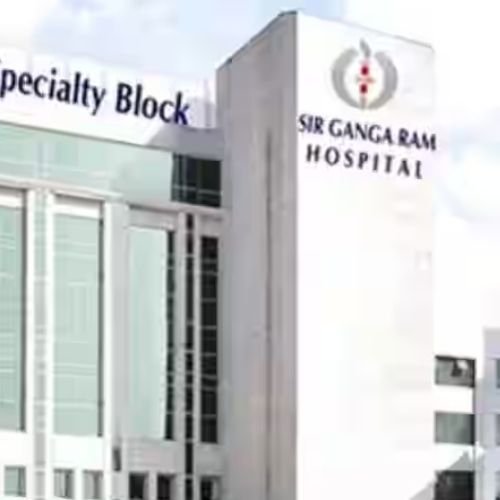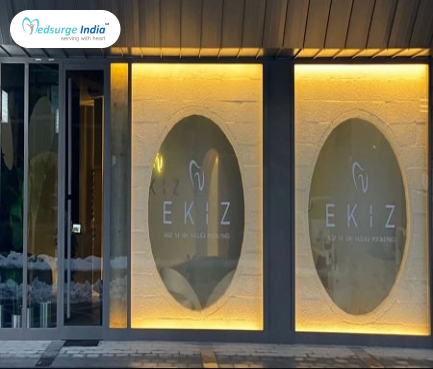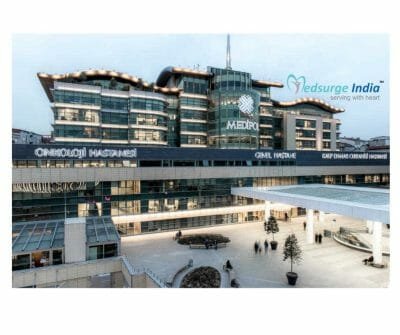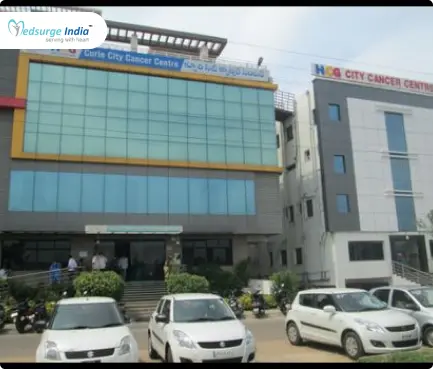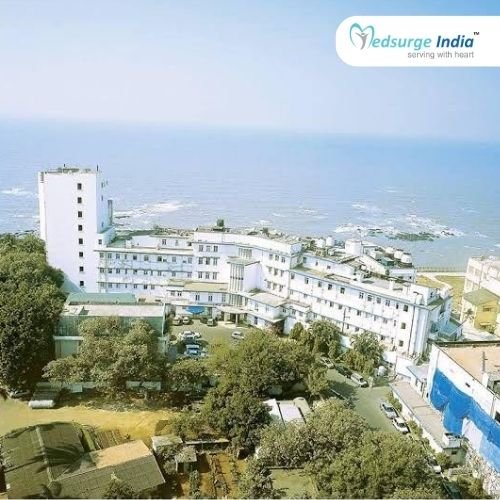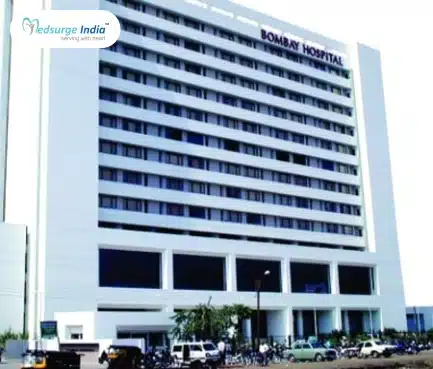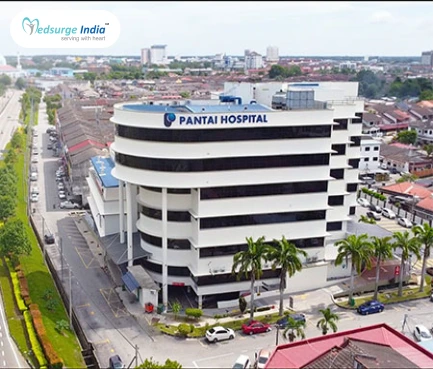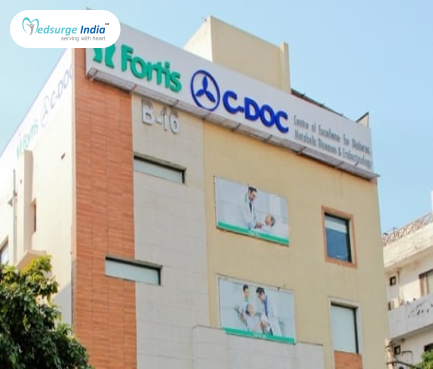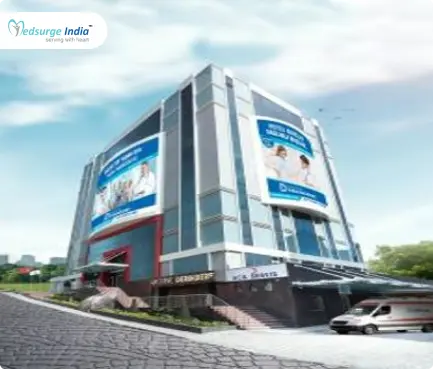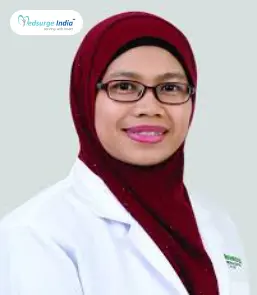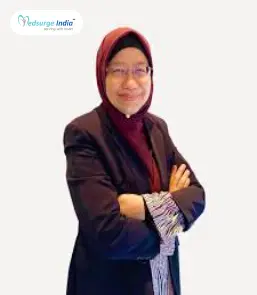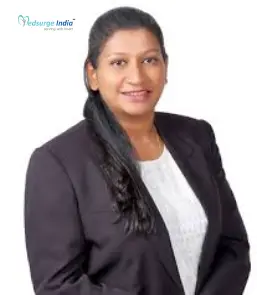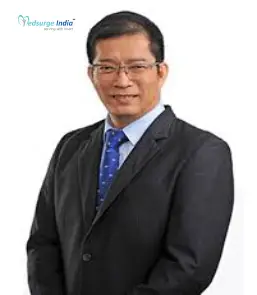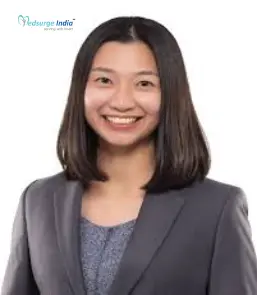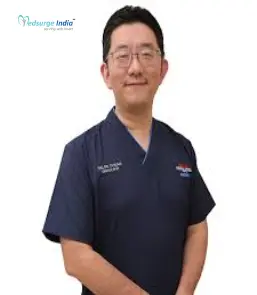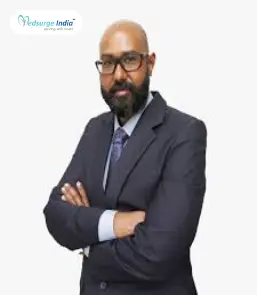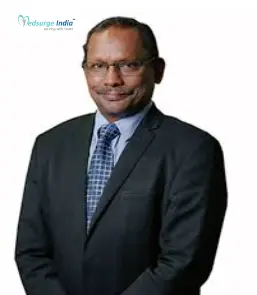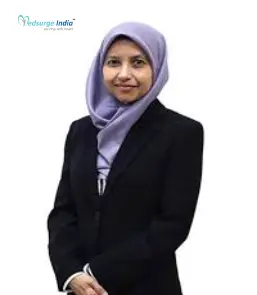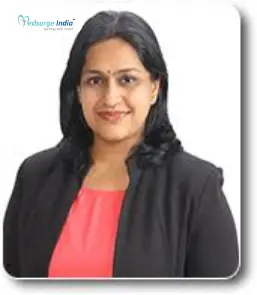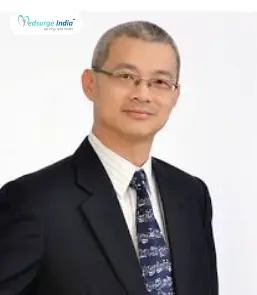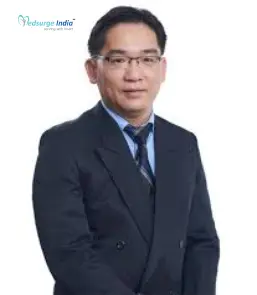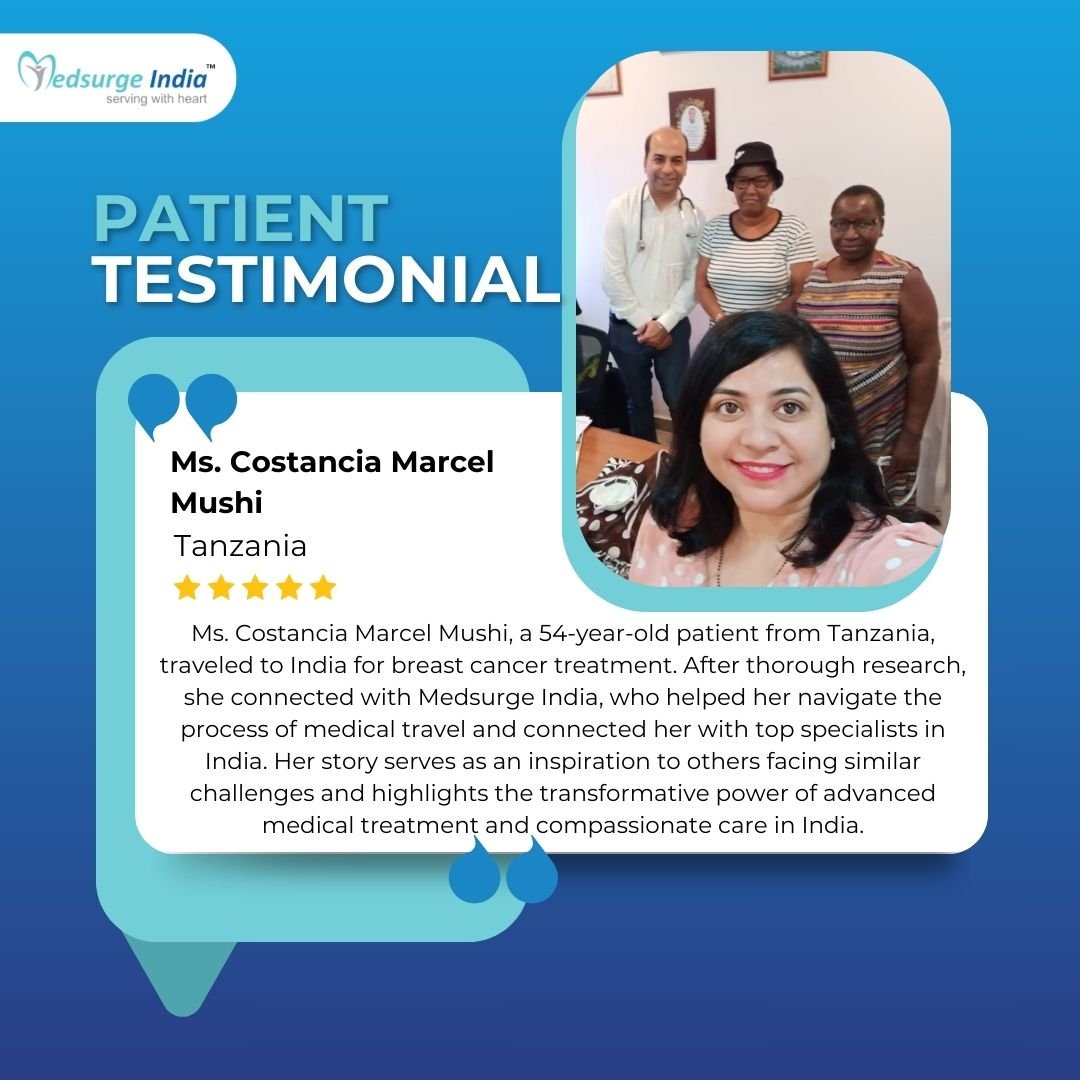
CAR T cell therapy is a form of cancer immunotherapy that employs T cells, which are immune cells, that have been genetically modified in a lab to improve their ability to detect and eliminate cancer cells. Even when conventional treatments are ineffective, CAR T therapy can be quite effective against specific cancer types. The FDA has currently approved CAR T treatment to treat a number of hematological malignancies, including leukemia, lymphoma, and multiple myeloma. CAR T-cell therapy in Malaysia has shown promising results in the treatment of lymphoma and other blood cancers. Numerous patients with previously relapsed blood tumors have also had positive outcomes, with no sign of malignancy remaining after treatment. Patients who have previously not responded to the majority of conventional cancer treatments now have hope thanks to CAR T-cell therapy.
Chemotherapy and antibody-based therapies are given to patients who have just received a lymphoma diagnosis. CAR-T cell therapy, however, may be an alternative for patients who do not react to two or more lines of such treatment. As a patient’s T-cells, which typically aid in the defense against infections, are gathered and genetically modified to target cancer, receiving CAR-T cell therapy can take a few weeks. The patient receives the modified cells again after low-dose chemotherapy. The lymphoma can then be attacked and eliminated by these cells.
In comparison to the cost of other nations like the United States, United Kingdom, Germany, and others, the cost of CAR T-cell therapy in Malaysia is much lower.
What Is Car-T Cell Therapy?
T-cells, which have been genetically altered to produce a synthetic T-cell receptor, are used in gene-modified antigen receptor immunotherapy. Chimeric antigen receptors are receptors that have been modified to allow T cells to target a specific antigen. Patients with aggressive relapsed acute lymphoblastic leukemia (ALL) and relapsed non-Hodgkin lymphomas such as Diffused large B-cell lymphoma (DLBCL) respond especially well to CAR T-cell therapy, especially when at least two previous treatment regimens have failed to achieve the desired results.
The Mechanism of Action of Chimeric Antigen Receptor T-Cell Therapy:
1. A patient’s T-cells are taken: T-cells are extracted through the process of apheresis, which involves drawing blood from the body and removing one or more blood components (such as plasma, platelets, or white blood cells). The body is then given the remaining blood.
2. T-cells are genetically modified in a lab: The T-cells are delivered to a lab or a pharmaceutical manufacturing facility, where they are genetically modified by inserting DNA to create chimeric antigen receptors (CARs) on their surface.
3. The T-cells are now referred to as “chimeric antigen receptor (CAR) T cells” as a result of this reengineering: CARs, which are proteins, allow T-cells to recognize an antigen in specific tumor cells.
4. The modified CAR T cells are then multiplied: The quantity of the patient’s genetically altered T-cells is “expanded” by cultivating cells in a lab. Once there is enough CAR – cells, they are frozen and delivered to the medical facility or facility where the patient is being treated.
5. The CAR- T cells are frozen and then administered to the patient at the hospital or treatment facility: Many patients are subjected to a brief course of one or more chemotherapy drugs prior to receiving CAR T-cell infusions, a process known as “lymphodepletion.” The number of reintroduced CAR T-cells in the patient’s bloodstream increases. These are the “attacker” cells, which will detect and attack cells with the specific antigen on their surface.
6. The CAR T-cells could serve as a preventative measure: CAR T-cells, which may remain in the body for months after the infusion, have the potential to eliminate all cancer cells. As a result of the treatment, some types of blood cancer have experienced prolonged remissions.
Who Is the Right Candidate for Car-T Cell Therapy?
Patients from specific patient groups are good candidates for CAR T-cell therapy in Malaysia. They are as follows:
- Patients between the ages of 2 and 25 who have B-cell acute lymphoblastic leukemia (ALL) that is resistant to treatment and who have experienced a relapse later on or after receiving a stem cell transplant.
- Diffuse large B-cell lymphoma (DLBCL) in adults who have not responded to at least two forms of standard therapy.
Patients from the following categories might not be qualified for CAR T-cell therapy:
- Patients who are unconscious or have intracranial hypertension
- Those suffering from respiratory failure
- Those affected by diffuse intravascular coagulation
- Patients with uncontrolled active infections or hematosepsis
Why Is Malaysia a Top Destination for Car-T Cell Therapy?
Malaysia is the ideal destination for medical tourism for a number of reasons. Because it is one of the few in the region where the government actively supports it, the Malaysian medical tourism sector stands out. Visitors are reassured of the industry’s regulations and standards for quality and safety by doing this including those governing medical care.
Malaysia is a popular choice for medical tourism for several reasons, including;
- Accredited hospitals with modern equipment
- Superior health care services
- Affordable rates
- Service and culture
- Geographically well-placed
- Traditional, historical, natural, and tourism destinations
Three important benefits of receiving the best medical treatment in Malaysia are the low cost, high quality of care, and ease of access to top-notch care. Malaysia’s main competitive advantage over other countries is the massive discounts it offers. Several operations are 50% to 70% less expensive than they would be in the EU. Malaysia is perfectly situated, only a few hours by plane from major countries like Indonesia, Brunei, New Zealand, Auckland, and Australia.
Helpful – Car T-Cell Therapy Cost in India
Get Free Cost Estimation
Procedure
How CAR- T Cell Therapy is Performed?
T-cells are white blood cells that hunt down and combat disease and infection throughout the body. Every T cell has an antigen-recognition receptor (proteins or molecules that are recognizable by the immune system). When the immune system detects abnormal or foreign antigens, it can attempt to destroy them. Cancer cells, on the other hand, may contain antigens that the body fails to recognize as abnormal. As a result, the immune system may fail to send T-cells to fight cancer cells. In other cases, the T-cells may be unable to eliminate the cancer cells.
Gene-modified antigen receptor T-cells are cells that have undergone genetic modification in a lab. They have a novel receptor that allows them to connect to and kill cancer cells. Antigens vary among various cancer kinds. Every type of CAR T-cell treatment in Malaysia is designed to combat a particular tumor antigen. Therefore, a CAR T cell therapy developed for one kind of cancer won’t be effective against another kind of cancer.
CAR T-Cell Therapy Cost In Malaysia
The average Car T-Cell Therapy cost in Malaysia starts from USD 42,000. Which is a small fraction of the cost compared to the therapy in Europe and the United States. Thousands of patients who are hoping to receive this ground-breaking treatment are encouraged by the news that CAR T-cell therapy is now available in Malaysia. Following the CAR T-cell infusion, recovery normally takes two to three months. Before being discharged, patients must spend the first two to three weeks in the hospital recovering from any adverse effects of the chemotherapy. Patients must schedule routine outpatient sessions after being discharged to track side effects and clinical outcomes.
Factors That Can Affect CAR T-Cell Therapy Cost in Malaysia
Serval factors can affect Car T-Cell Therapy Cost in Malaysia and it can also depend on the patient’s condition:
- The hospital, the patient chooses.
- Fee for the team of doctors.
- Standard tests and diagnostic procedures.
- Type of treatment performed
- The price of the needed post-procedure care Car T-Cell Therapy Cost in Malaysia can depend on the type of hospital and rooms you stay.
How Do I Select a Hospital in Malaysia for Car T-Cell Treatment?
The best Hematology Hospitals in Malaysia that treat patients with blood-related cancers are renowned for their warmth and attentiveness to their needs. These facilities have some of the Malaysian top hematologists who are experts in their professions. For an international patient, selecting a good hospital for treatment might be challenging. It is a crucial choice that needs to be made while keeping a number of things in mind, such as:
- Accreditations and certifications for excellence
- Location of the hospital and the transit hub
- The medical and surgical team
- Modern diagnostic and treatment tools
- Overseas medical help
How Can Medsurge India Help?
Medsurge India is a prestigious support system for patients looking for doctors, hospitals, and specialized treatments. We’ll find the most suitable medical options for you. Regarding your medical issues, our team will give you a list of certified, reputable, and trusted doctors and hospitals. Additionally, we offer a treatment strategy that fits your budget. Apart, we assist patients with obtaining travel authorizations, medical visas, and a multitude of other things.
The Most Important Frequently Asked Questions
Q: How Successful Has Car T-Cell Therapy Been?
A: CAR T-cell therapy achieved complete remission in 9 out of 10 people with acute lymphoblastic leukemia who did not respond to other treatments or whose cancer returned in studies. Remission means that cancer cannot be detected through tests.
Q: How Long Does Car T-Cell Therapy Require a Hospital Stay?
A: What happens once I’ve received CAR-T cells? Most patients require hospitalization for a week to ten days so that their healthcare providers can monitor their response to the treatment and treat any side effects. You might be able to get your CAR-T cells without having to stay in the hospital.
Q: What Are the Potential Risks of Car T-Cell Therapy?
A: While the therapy can result in long-term remissions for some patients with advanced cancer, it can also cause neurologic side effects such as speech difficulties, tremors, delirium, and seizures. Some of the side effects can be severe or even fatal.
Q: Is Car-T Effective Against All Cancers?
A: When CAR-T therapy is used to treat blood cancer, it can be extremely effective, but cancer still returns in many patients. Scientists are only now beginning to understand why, depending on the product, more than half of treated lymphoma patients do not achieve long-term remission.
Q: Is Car-T Better Than Chemotherapy?
A: Identifying Your Immune System’s Resistance to Cancer. CAR T-cell therapy may be effective when other treatments have failed. Moreover, unlike chemotherapy and radiation, which kill both healthy and cancerous cells, immunotherapy targets tumors with greater precision. CAR T-cell therapy, also known as CAR T, is a type of immunotherapy.
Top Hospitals for Car-T Cell Therapy In Malaysia
Top Doctors for Oncology and Oncosurgery
Dr Hayani Abdul Wahid
Senior Consultant
Experience: 18 years of experience
Pantai Hospital Ayer Keroh, Malacca
Kuala Lumpur, Malaysia
Dr. Zabedah Othman
Consultant
Experience: 27 years of experience
Prince Court Medical Centre, Malaysia
Kuala Lumpur, Malaysia
Dr. Santhi Nadarajan
Consultant
Experience: 20 years of experience
Gleneagles Hospital, Kuala Lumpur
Kuala Lumpur, Malaysia
Dr. Matin Mellor Abdullah
Consultant
Experience: 20 years of experience
Subang Jaya Medical Centre, Subang Jaya
Kuala Lumpur, Malaysia
Dr Winnie Ng Nyek Ping
Consultant
Experience: 15 years of experience
Subang Jaya Medical Centre, Subang Jaya
Subang Jaya, Malaysia
Dr. Cheah Soon Keat
Consultant
Experience: 17 years of experience
Island Hospital Penang, Malaysia
Penang, Malaysia
Dr. Arnil George Sirimanne
Consultant
Experience: 20 years of experience
Prince Court Medical Centre, Malaysia
Kuala Lumpur, Malaysia
Dr. Jayendran Dharmaratnam
Consultant
Experience: 42 years of experience
Gleneagles Hospital Kota Kinabalu
Kota Kinabalu, Malaysia
Dr. Azura Bt Deniel
Consultant
Experience: 23 years of experience
Gleneagles Hospital, Kuala Lumpur
Kuala Lumpur, Malaysia
Dr. Vaishnavi Jeyasingam
Consultant
Experience: 16 years of experience
ParkCity Medical Centre, Kuala Lumpur
Kuala Lumpur, Malaysia
Dr Daniel Wong Wai Yan
Senior Consultant
Experience: 20 years of experience
Pantai Hospital Ayer Keroh, Malacca
Malacca, Malaysia
Dr. Saw Min Hong
Consultant
Experience: 30 years of experience
Island Hospital Penang, Malaysia
Penang, Malaysia
Dr. Mohd Roslan Bin Haron
Consultant
Experience: 40 years of experience
Gleneagles Hospital Medini Johor
Kuala Lumpur, Malaysia
Dr. Mohd Syahizul Nuhairy Bin Mohd Sharial
Consultant
Experience: 15 years of experience
Manjung, Malaysia

